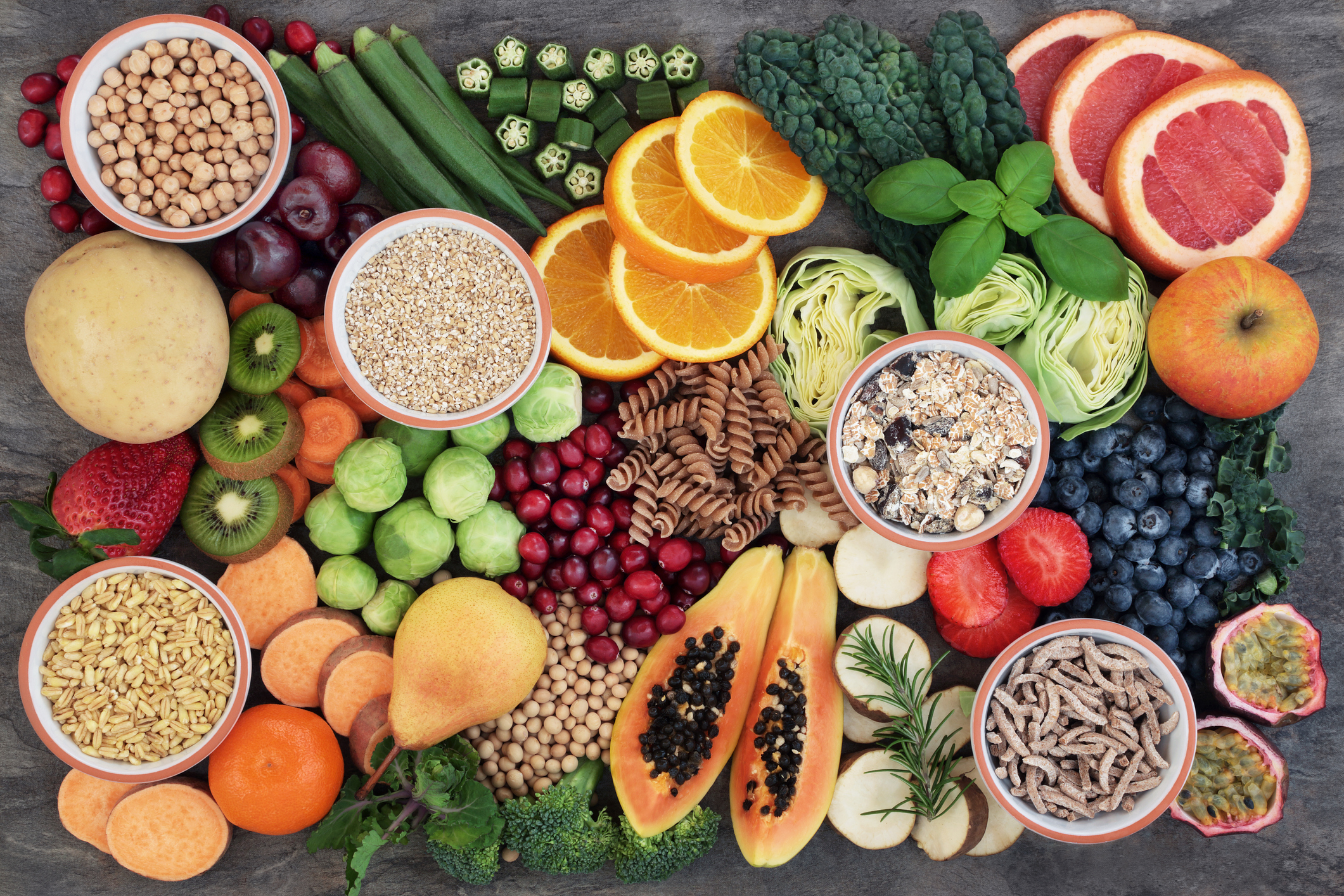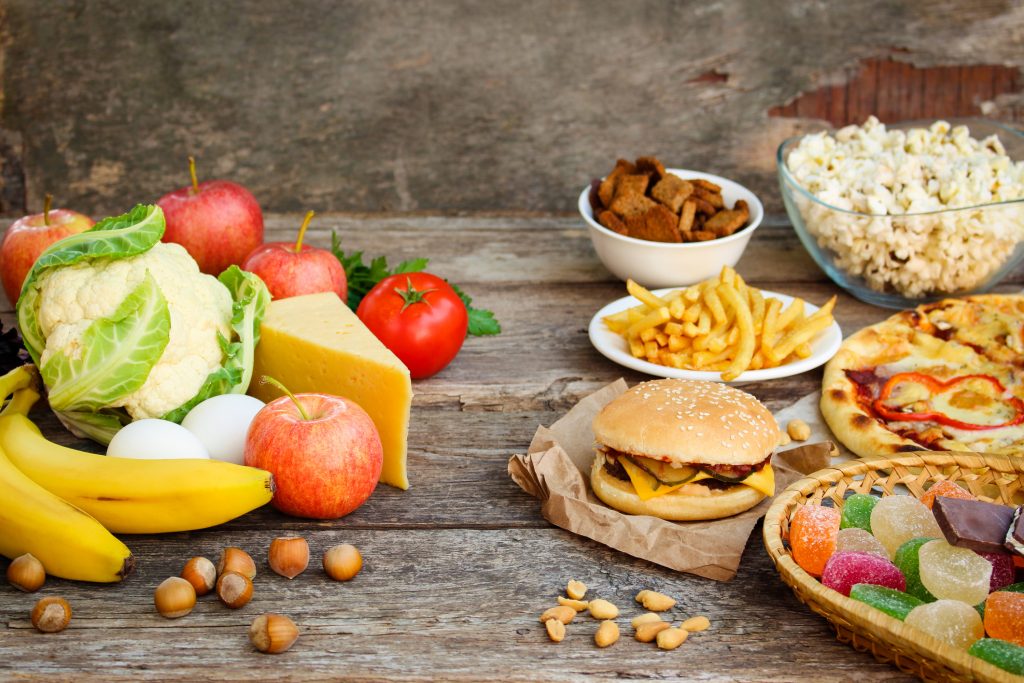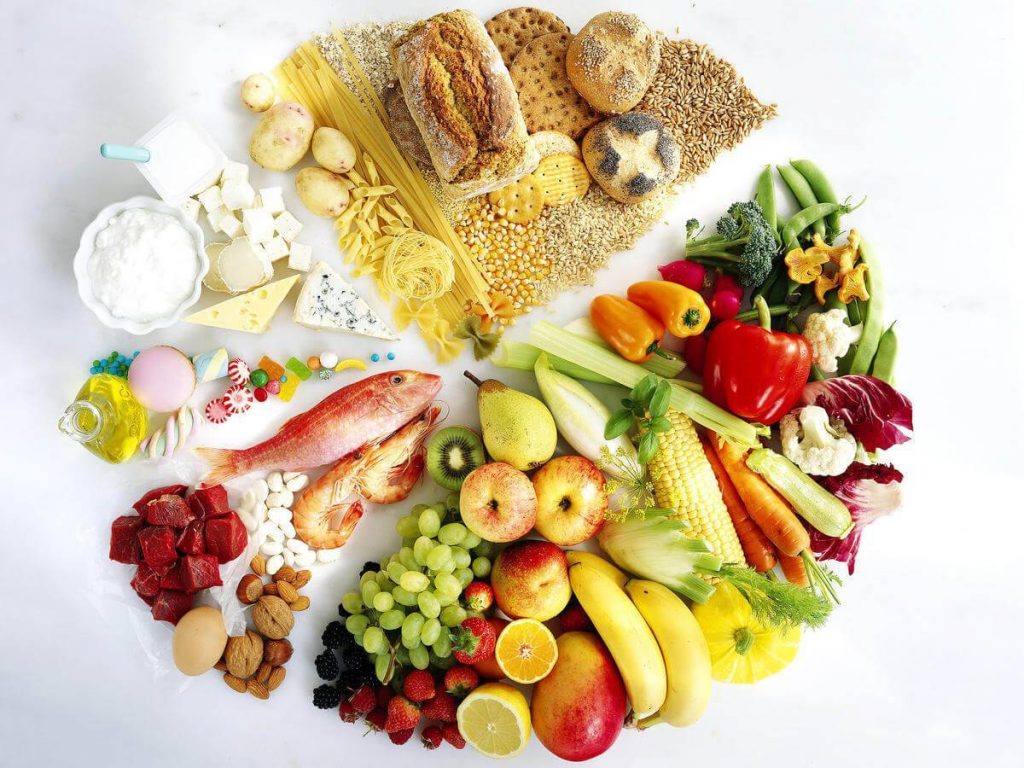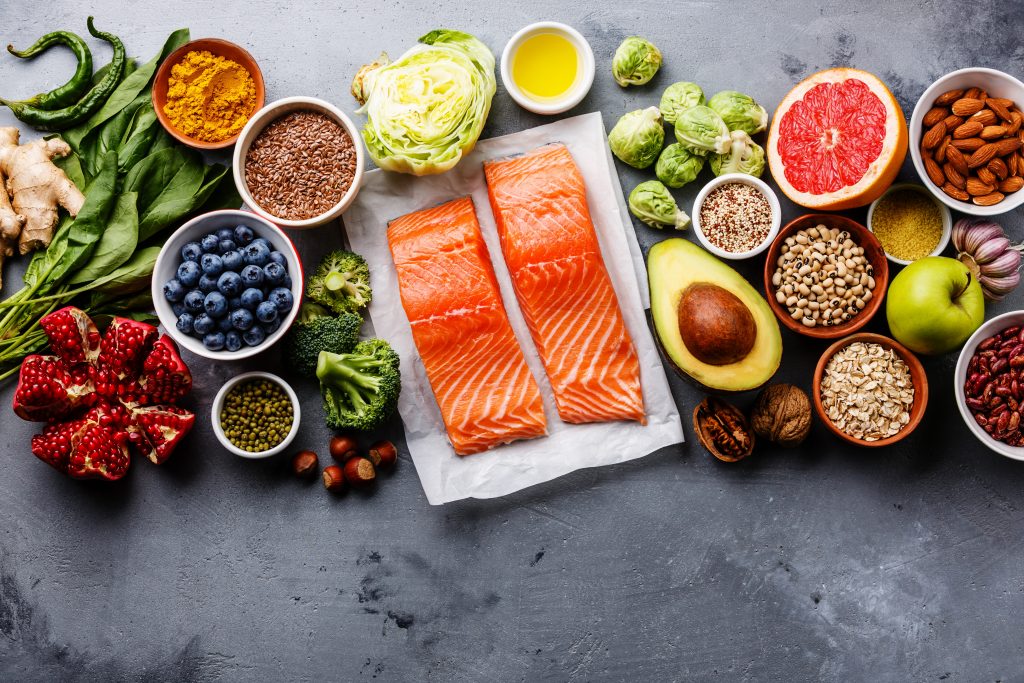Hey everyone! Let’s talk about a topic that’s gaining more attention these days: plant-based diets, including vegetarianism and veganism. These diets have been praised for their health benefits and environmental impact, but like any lifestyle choice, they come with their own set of challenges. Let’s dive into what makes these diets unique, their benefits, and some potential drawbacks.
What are Plant-Based Diets?
Plant-based diets primarily focus on foods derived from plants. This includes not just fruits and vegetables, but also nuts, seeds, oils, whole grains, legumes, and beans. Vegetarianism typically excludes meat, while veganism goes a step further, excluding all animal products, including dairy and eggs.
The Benefits
One of the biggest pluses of a plant-based diet is its health benefits. These diets are known for being low in saturated fat and high in fiber, which is great for heart health and digestion. Many people report feeling more energetic and having better overall health after switching to a plant-based diet.
There’s also the environmental aspect. Plant-based diets tend to have a lower carbon footprint than diets high in animal products. This is because plant cultivation generally requires less water and land and produces fewer greenhouse gases.

Health food concept for a high fiber diet with fruit, vegetables, cereals, whole wheat pasta, grains, legumes and herbs. Foods high in anthocyanins, antioxidants, smart carbohydrates and vitamins on marble background top view.
The Challenges
However, there are challenges to consider. One of the main concerns is getting enough protein, vitamins, and minerals that are more easily obtained from animal products, like Vitamin B12, iron, calcium, and omega-3 fatty acids. It requires careful planning to ensure a well-rounded, nutritious diet when you’re exclusively eating plant-based foods.
Additionally, transitioning to a plant-based diet can be a significant lifestyle change. It might require more time and effort in meal planning, especially when dining out or eating with friends and family who don’t follow a similar diet.
Making it Work for You
If you’re considering a plant-based diet, it’s important to do your research and perhaps consult with a nutritionist. They can help you plan a diet that meets all your nutritional needs. There are also plenty of resources available, from cookbooks to online communities, to help you make the transition and stick with it.
Conclusion
In summary, plant-based diets like vegetarianism and veganism can offer numerous health and environmental benefits, but they also require careful planning to ensure nutritional needs are met. Whether you’re considering making a switch or just curious about these lifestyles, it’s all about finding the balance that works best for you. Remember, every small step towards more plant-based foods can make a positive impact on both your health and the environment. 🌱🥦🍎🍆🥕🍒🥗🥔🥑🌽🥒🥬


